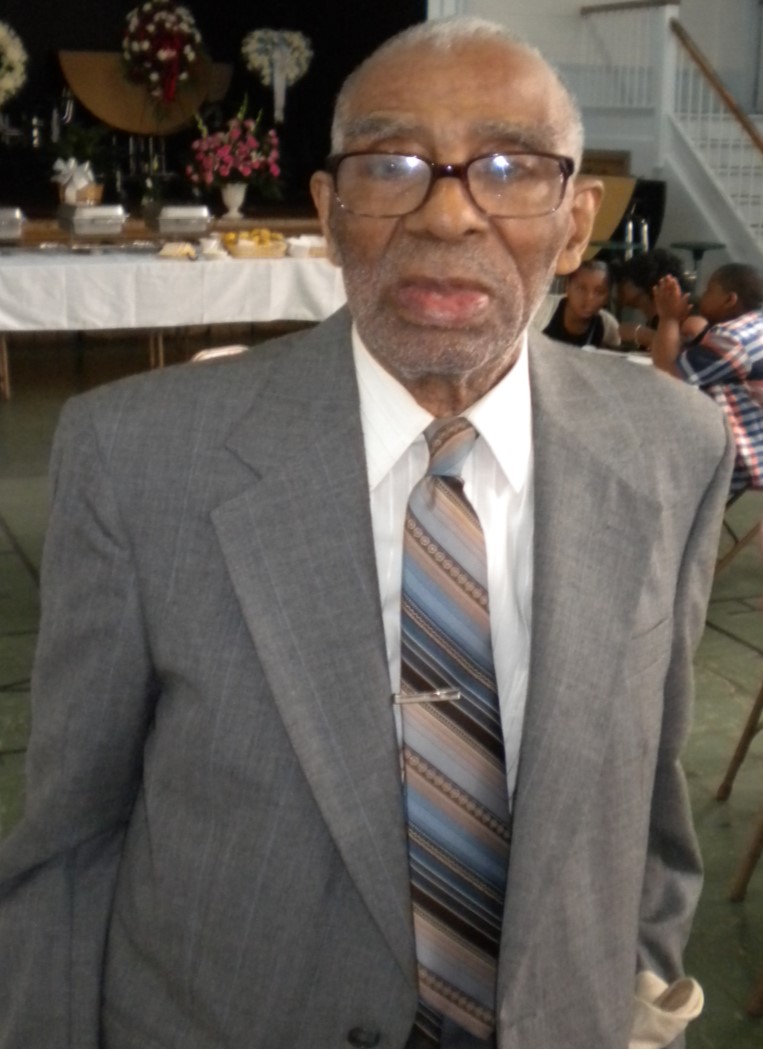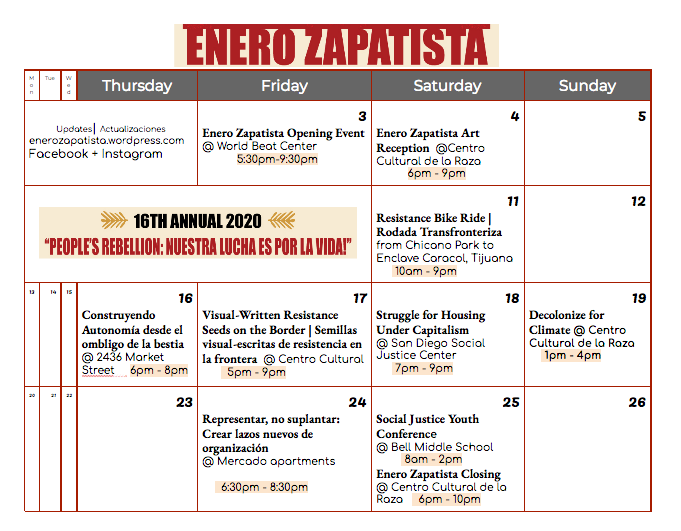Power…
...is the ability to define reality and to get others to act on that definition, as if it were their own.
This is a definition of power that is used in the context of community organizing. This is the definition of power that was used, very successfully, for civic engagement. I think I have asked this before, but since I haven’t seen much change in the Black community in the many years I have been in San Diego I will ask it again. Is the Black community of San Diego ready to be empowered?
African Americans, and by extension Africans are ascendent. By that I mean that the priorities and purposes of Black people, especially what are now being called American Descendants of Slavery or ADOS, are being elevated to a level of importance that has not been seen since the days of the Civil Rights movement. Even the non-Black Democratic candidates for president of the United States are talking about reparations. Just a quick point: reparations is not just about money. There is much more that was taken from Africans enslaved in America that must be repaired; like culture, identity, family and history, among others.
Aside from reparations there is much the Black community can and must do to be empowered. From my perspective, the basis of empowerment is self-sufficiency and self-determination.
By self-sufficiency I mean that Black people must marshall the resources necessary to take care of our own material needs, even if no one who is not Black/African American assists us. That means even if others will not employ us, or give us business loans, or share information with us, or do business with us, etc.
By self-determination I mean working together to make sure that the needs of all African Americans are being met on a regular basis. There should be no homeless Black people in San Diego. There should be no Black people who don’t have access to health care. Black people should not be engaging the criminal justice system without adequate legal representation. Black children should not have to endure neglect and abuse in the education systems - and so much more. Self-determination means that Black people are making sure that Black people are taken care of, no matter who is in office, or who runs the businesses, or who runs the schools. If others (who have benefitted from us and our ancestors) will not assist us, we will take care of it ourselves.
This is the reality I am seeking to define in the Black community in San Diego. This is the reality that I think we should be insisting that others act on. This is a reality of our own making. No one is coming to save us but us. We must save ourselves.
Are we ready to be self-sufficient and self-determining? From what I see of the landscape of the Black community there are many who are ready. They are already taking the bull by the horns and setting up shop (YB&NB), opening schools (Beta Salaam Academy), running for office (many - mostly women!), intervening in the legal system (Pillars of the Community), starting community service and employment training CBOs (Paving Great Futures), to name a few. MOST of these are owned and operated by younger members of the community who are coming into their own. They are defining reality in our their/own image, and empowering themselves and others to be self-sufficient and self-determined. Most importantly, if they are to be empowered, they must be supported by the rest of the community. So, the question is, are you ready to support those who are being empowered to empower you?
Be The Right Person, In The Right Place, At The Right Time, Doing The Right Thing, In The Right Way, For The Right Reason.
"No one is coming to save us but us." (Rev Eugene Williams)
Clovis M. Honoré

 Enero Zapatista is a month-long series of political and culturally conscious event that commemorate the uprising of the Zapatistas in January 1994. These series of events will take place this upcoming January 2020, in San Diego, California.
Enero Zapatista is a month-long series of political and culturally conscious event that commemorate the uprising of the Zapatistas in January 1994. These series of events will take place this upcoming January 2020, in San Diego, California.